Uncategorized
-
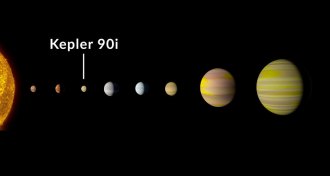 Astronomy
AstronomyAI has found an 8-planet system like ours in Kepler data
An AI spotted an eighth planet circling a distant star, unseating the solar system as the sole record-holder for most known planets.
-
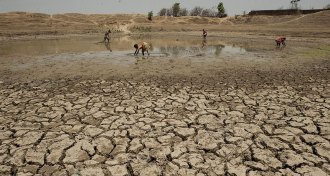 Climate
ClimateThese weather events turned extreme thanks to human-driven climate change
Ruling out natural variability, scientists say several of 2016’s extreme weather events wouldn’t have happened without human-caused climate change.
-
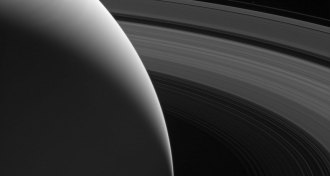 Planetary Science
Planetary ScienceSaturn’s rings are surprisingly young and may be from shredded moons
Final data from the Cassini spacecraft put a date and a mass on the gas giant’s iconic rings.
-
 Science & Society
Science & SocietyU.S. religion is increasingly polarized
Organized religion in the United States increasingly belongs to fervent believers, a new study finds.
By Bruce Bower -
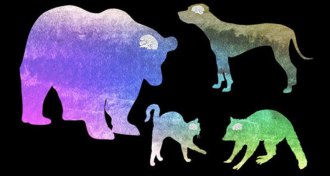 Neuroscience
NeuroscienceIn a tally of nerve cells in the outer wrinkles of the brain, a dog wins
Among some carnivores, golden retrievers rate at the top for numbers of nerve cells, study finds.
-
 Health & Medicine
Health & MedicineFracking linked to low birth weight in Pennsylvania babies
Babies born to moms living within one kilometer of a hydraulic fracturing site were more likely to be born underweight, researchers say.
-
 Earth
EarthFederal maps underestimate flood risk for tens of millions of people, scientists warn
New flood maps suggest that the U.S. government underestimates how many people live in floodplains.
-
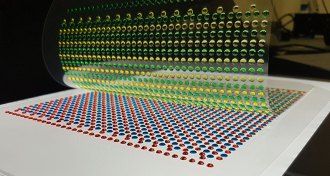 Tech
TechElectric eels provide a zap of inspiration for a new kind of power source
Battery-like devices inspired by electric eels could someday power wearable and implantable tech or soft robots.
-
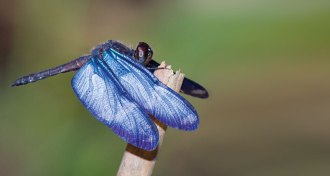 Science & Society
Science & SocietyThese are the most-read Science News stories of 2017
From Cassini and eclipses to ladybugs and dolphins, Science News online readers had a wide variety of favorite stories on our website.
-
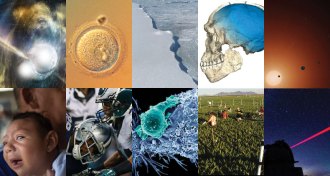 Science & Society
Science & Society2017 delivered humility, and proved our potential
Acting Editor in Chief Elizabeth Quill reflects on some of the top scientific stories of 2017.
-
 Science & Society
Science & SocietyColliding neutron stars, gene editing, human origins and more top stories of 2017
A gravitational wave discovery is the year's biggest science story — again.
-
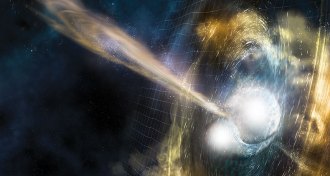 Astronomy
AstronomyThis year’s neutron star collision unlocks cosmic mysteries
A rare and long-awaited astronomical event united thousands of astronomers in a frenzy of observations.